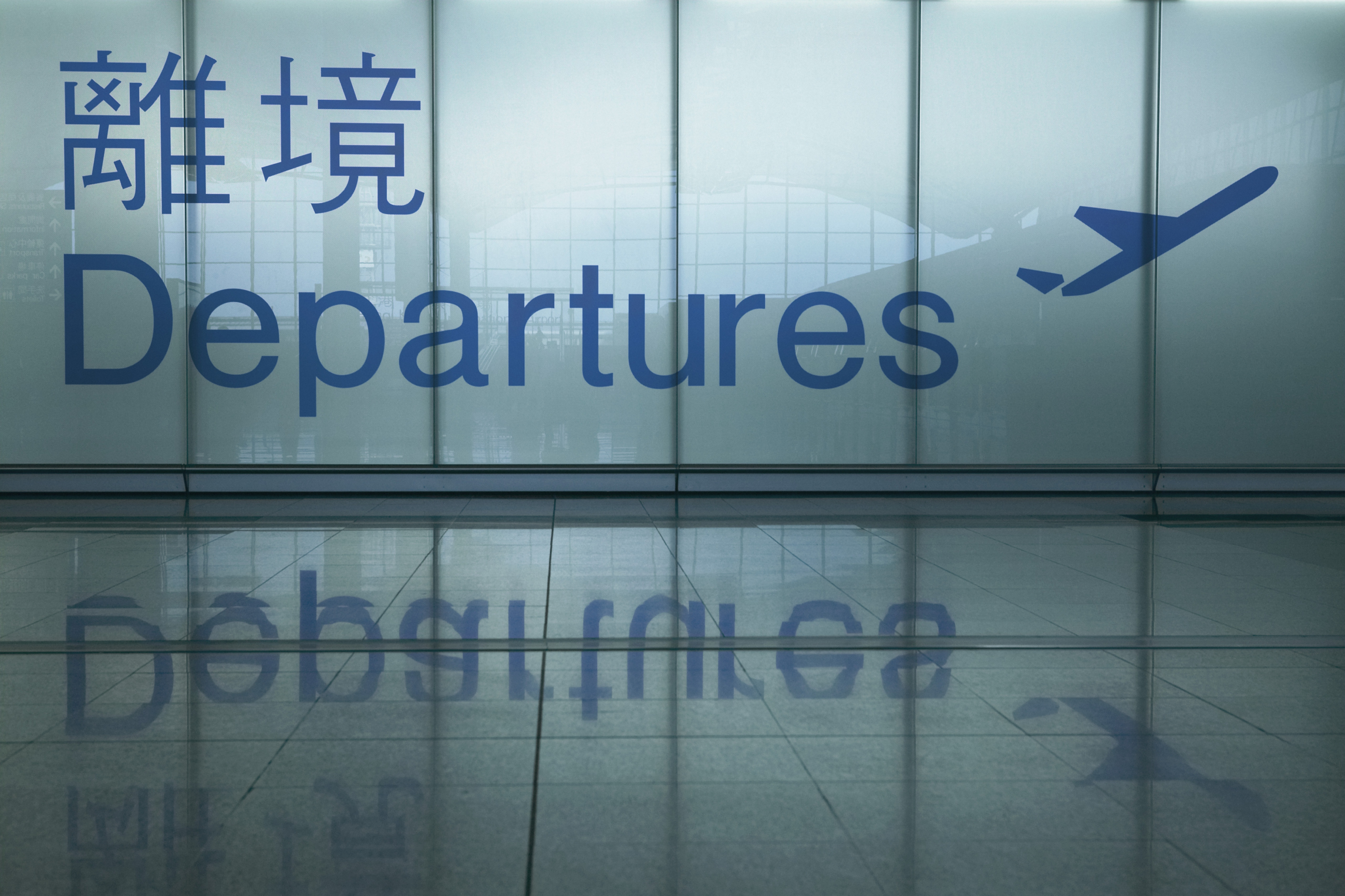
Global Air Travel Demand May Bounce Back in 2013
As world economies show improvement, the appetite for global air travel is rising. One industry association predicts an increase in international travel during 2013.
Sequester or no sequester, 2013 looks like an up year for global travel.
Clearly there are some difficult budget decisions for the U.S. government to make. But compromising connectivity—which supports 9.3 million jobs and $669.5 billion in economic activity in the U.S.—is not the right choice.
The International Air Transport Association (IATA) expects global air travel demand to pick up in 2013, continuing a trend that began in late 2012. Early reports already show positive numbers: Demand ticked upward in January by 2.7 percent compared with January last year, but high fuel costs and uncertainty will play a role in whether demand will continue to rise. IATA represents around 240 airlines, which together make up 84 percent of global air traffic.
The numbers: While the numbers for January look strong, IATA says the growth rate was likely held back by the Chinese New Year, which didn’t occur until February this year (the 2012 Chinese New Year was in January). “After adjusting for such seasonal factors, IATA estimates that the actual growth would have been 3.5 percent,” the group said in a statement. Meanwhile, U.S. airlines reported the world’s highest load factor (the amount of available capacity being used), at more than 79 percent. “Demand is strong on the back of improved economic performance in the U.S. And airlines are tightly managing capacity,” IATA said.
The challenges: High fuel costs, uncertainty about the future of the world’s top economies, and U.S. government budget cuts across the board have created challenges in the air travel industry. However, the January numbers are product of an improvement in the European and U.S. economies, according to IATA CEO Tony Tyler. “Passenger travel is growing in line with business confidence levels. Recent months have seen some positive economic signs emerge in both the U.S. and China, and the euro zone crisis seems to have stabilized,” Tyler noted.
The politics: There’s also a fear that there will be a decline in government-provided services in airports, especially with the recent federal budget cuts related to air travel that are part of the sequester. The aviation industry is worried about airport security, border control, and air traffic management. “That the connectivity of the world’s largest economy is being held captive to politics is not acceptable,” Tyler said. “Airlines pay for air traffic management services through fees and taxes that average 20 percent of the cost of a typical domestic air ticket. Clearly there are some difficult budget decisions for the U.S. government to make. But compromising connectivity—which supports 9.3 million jobs and $669.5 billion in economic activity in the U.S.—is not the right choice.”
(Fuse/Thinkstock)






Comments